Have you ever been plagued by ants in your garden? If so, you may have considered using Neem Oil as an organic solution to take care of the problem. But does it actually work? This article will explore the potential of Neem Oil for killing ants and other pests in your garden, looking at both its power as a miracle worker and its capacity to cause harm. It will also dive into a step-by-step guide to using Neem Oil safely and effectively against ants so that you can make an informed decision about what works best for your garden.
Will Neem Oil Get Rid of Ants? What Science Has to Say
Neem oil is a natural insecticide derived from the neem tree and has been used for centuries to protect against pests. It works by disrupting the reproductive cycle of insects, preventing them from reproducing and ultimately eliminating infestations. So, can neem oil get rid of ants?
According to research published in the Journal of Biological Control, neem oil was found to be effective against various species of ants including carpenter ants, red imported fire ants, Pharaoh ants, and Argentine ants. Studies have shown that when exposed to neem oil ant colonies suffered reduced worker numbers as well as a decrease in reproductive success. However, it’s important to note that not all ant species are equally affected by neem oil and some may be more resistant than others.
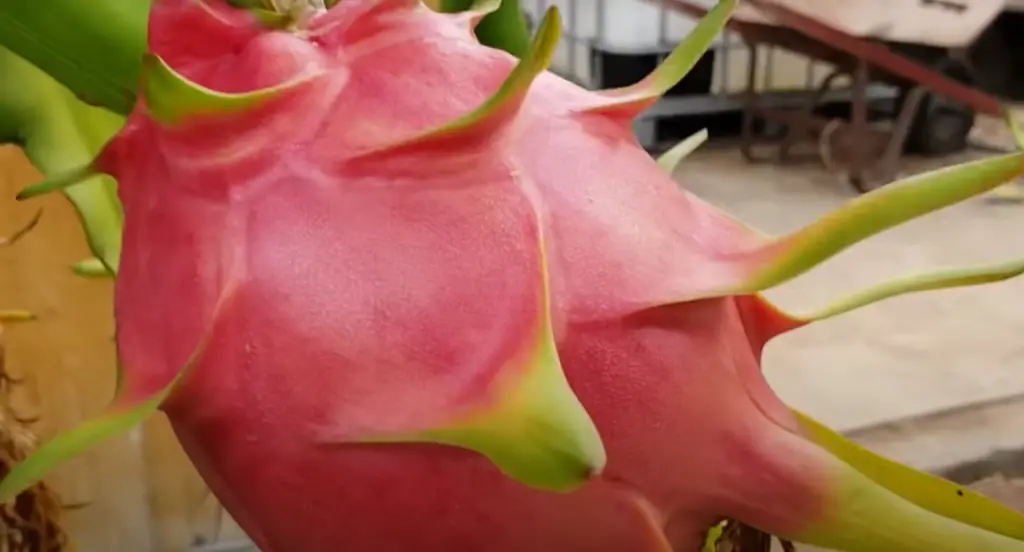
In addition to disrupting the reproductive cycle of ants, neem oil also acts as a repellent. The smell and taste of neem oil deter ants from coming into contact with it, thus reducing the chances of an infestation in the first place. Neem oil is also relatively safe to use around humans and pets since its active ingredient is made up of fatty acids that are not toxic when ingested or inhaled.
So, if you’re looking for a natural way to get rid of ants, neem oil might be worth a try! Just remember that results may vary depending on the type of ant species you’re dealing with. Also, be sure to follow all safety instructions when using neem oil and keep it away from children and pets. With the right precautions, you can use neem oil to get rid of those pesky ants in your home without having to resort to toxic pesticides [1].
How to Know if You Have an Ant Infestation in Your Garden?
Several Aphids on a Plant
If you notice several aphids on a plant, it could be a sign of an ant infestation. Aphids feed on the sap of plants and often attract ants, which in turn protect them from predators. Ants may also build nests near aphid-infested plants as they are attracted to the sticky honeydew secreted by aphids.
Mounds or Tunnels Around Plants
Ants will usually form mounds or tunnels around their colonies. These can range from small piles of dirt to intricate underground networks requiring excavation to uncover them. The presence of these mounds is one of the most telling signs that there is an ant colony living nearby.
Swarms of Ants in Your Garden
If you spot large swarms of ants in your garden, there is likely an infestation. The presence of numerous winged ants, known as alates, indicates that a colony has become overcrowded and the ants are looking to start new colonies.
Ants Crawling on Your Plants
You should also look out for ant trails crawling up and down your plants. These could be signs of a full-scale infestation in which the ants are actively feeding on the plant’s sap. If you spot any of these signs in your garden, it’s important to take immediate action to ensure that the problem does not get worse.
Signs of Damage to Plants
Finally, if you notice any signs of damage to your plants such as wilted leaves or chewed stems, it could be a result of ants feeding on the sap from the plant.
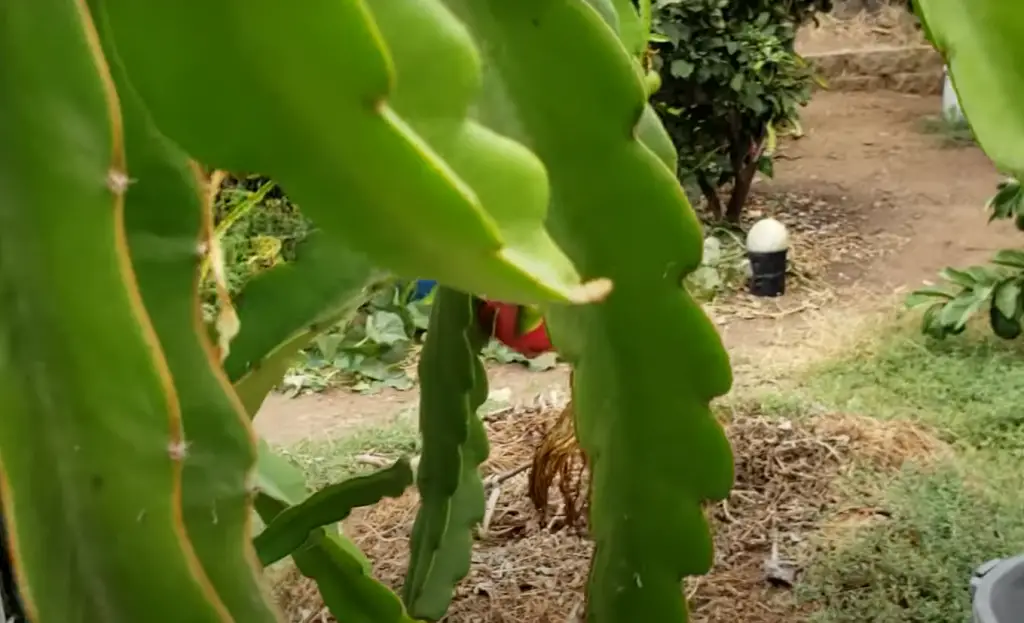
This could indicate that there is an ant infestation in your garden [2].
Using Neem Oil to Stop Ants: 7 Important Things to Consider
Pick a Quality Cold-Pressed Neem Oil Product
When it comes to using neem oil for ant control, choosing the right quality and type of product is key.
Additionally, cold-pressed neem oil does not contain any harmful chemicals or synthetic fragrances which can be dangerous to people and pets. Be sure to research different brands before purchasing and look for ones that are organic, natural, and free from unnecessary additives.Follow Directions on Product Labeling Carefully
After you have purchased your neem oil product, make sure to read all instructions carefully before use. Some products may come with their own set of instructions, so be sure to follow those exactly. Also, it is best to use neem oil products in outdoor spaces as opposed to indoor settings and to keep them out of reach of children and pets.
Use Neem Oil Outside Only
When using neem oil for ant control, it is important to only use the product outdoors. Neem oil has a strong odor and can irritate if used in an enclosed space. Additionally, when applying neem oil outside, make sure not to spray directly on plants as this may cause burning or discoloration.
Spray Neem Oil Directly on Ants
Neem oil is most effective when sprayed directly on ants. This will help to repel them and keep them away from your home. Be sure to spray the neem oil around potential entry points or areas where you have seen ant activity. You may need to reapply the neem oil as needed, depending on how active the ant population is in your area.
Pour Neem Oil Solution Directly on Ant Mounds
In addition to spraying neem oil directly on the ants, you can also pour a concentrated solution of neem oil and water directly onto ant mounds. This method will help to break down the mound and discourage future activity. Be sure to mix the neem oil with enough water so that it reaches all parts of the mound and is thoroughly distributed throughout.
Use Neem Oil Spray to Kill Off Ants’ Food Sources
You can also use a neem oil spray to help kill off ant food sources.
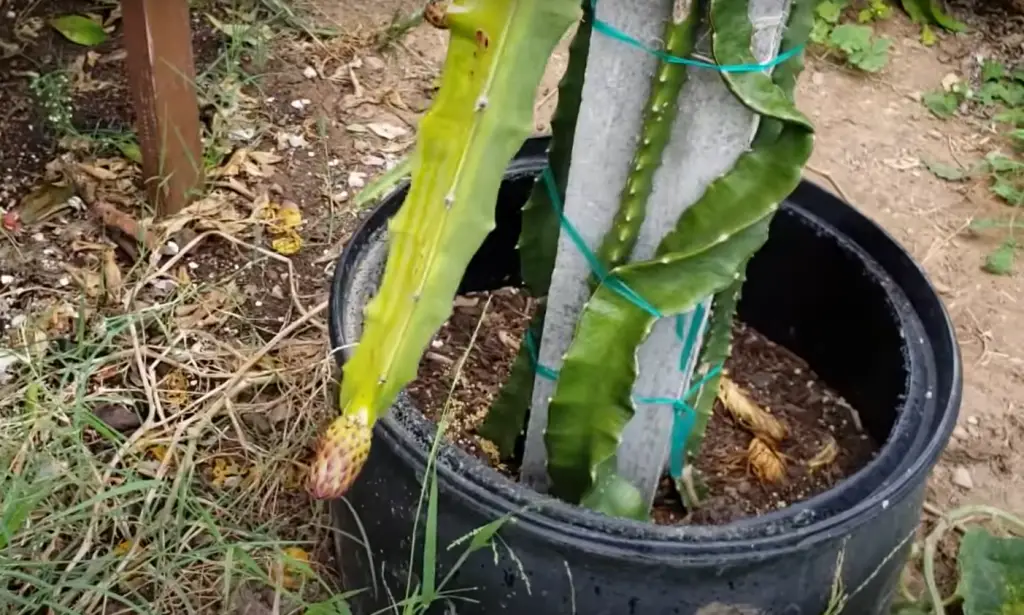
This is especially important if you have noticed that ants are attracted to certain plants or flowers in your garden. Spray the neem oil directly onto these areas and it will help to repel the ants and make sure they remain away from your garden.
Apply Neem Oil Regularly
For neem oil to be effective against ants, it must be applied regularly according to the directions on the product label. Generally, neem oil should be applied at least once every two weeks or after heavy rains in order to maintain protection and keep the ant population under control.
15 Natural Ways to Get Rid of Ants in Your Home or Garden
Baking Soda and Powdered Sugar
This natural ant-killer is easy to make.
The sugar will draw them in, while the baking soda will kill them on contact. This trick works best if you can find out where the ants are entering your home or garden and lay the mixture near the entrance points.Citrus Peels
Ants have a strong aversion to citrus peels, so using small pieces of orange, lemon, or grapefruit peel around window sills, doorways, and other entry points can help keep them from entering your home. You should replace these peels every few days since they can dry out over time and become less effective.
Vinegar
White vinegar is a great solution for getting rid of ants inside your house. Simply mix one part white vinegar with three parts water in a spray bottle and spray it onto any ant-infested areas you find inside or outside your home. The acidic nature of the vinegar will repel the ants and keep them away.
Essential Oils
You can also use essential oils like peppermint, tea tree, lavender, or citronella to help naturally get rid of ants from your home or garden. Fill a spray bottle with water and add about 10 drops of your chosen essential oil, then shake it up and spray the mixture anywhere that you’ve seen ants.
Chalk
You can draw a line of chalk around your home or garden to help keep ants away. Chalk contains calcium carbonate, which is an irritant for ants and will prevent them from crossing the line.
Cinnamon
Cinnamon is another natural ant repellent that you can use to keep ants out of your home or garden. Sprinkle some ground cinnamon near window sills, doorways, and other potential entry points to keep the ants away.
Cloves
Cloves are also great at naturally repelling ants since they have a strong aroma that ants hate. Simply place some whole cloves in the areas where you’ve seen ants entering your home or garden.
Salt
This is one of the oldest methods for getting rid of ants, and it’s still effective today. Simply sprinkle some salt around window sills, doorways, and other areas where ants may enter your home.
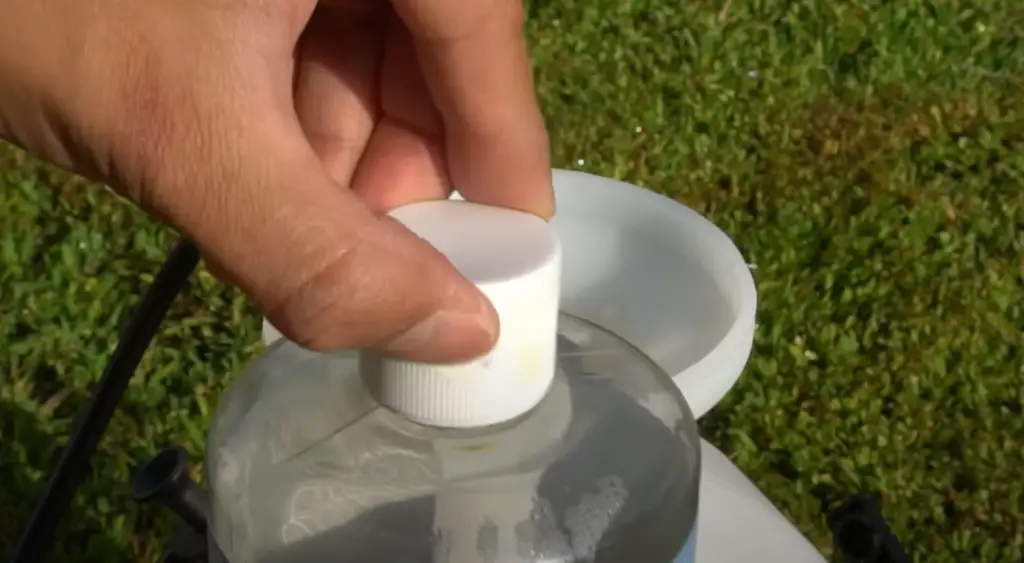
The salt will act as an irritant to the ants and they will stay away.
Borax
Borax is a naturally occurring mineral that can be used as an effective ant-killer. Mix equal parts of borax and sugar together in a bowl and then sprinkle the mixture where you’ve seen ants. The sugar will attract them, while the borax will kill them on contact. Be sure to keep this mixture away from children and pets since it can be toxic if ingested.
Castile Soap
Mix 1/4 cup of liquid Castile soap with one quart of water in a spray bottle and spray the mixture anywhere you find ants. The soap will act as an irritant to them and they will stay away. Be sure to reapply this mixture every few days for best results.
Cayenne Pepper
Cayenne pepper is a great natural ant repellent that you can use to keep ants away from your home or garden. Simply sprinkle some cayenne pepper around window sills, doorways, and other possible entry points for the ants. The spicy nature of the pepper will repel them and they’ll stay away.
Diatomaceous Earth
Diatomaceous earth is a fine powder made from the fossilized remains of tiny aquatic organisms. Sprinkle some diatomaceous earth around window sills, doorways, and other potential entry points for ants to keep them away. The powder will act as an irritant to them and they’ll stay away. Be sure to keep this powder away from children and pets since it can be toxic if ingested.
White Peppermint Oil
White peppermint oil is another great solution for getting rid of ants naturally. Simply put a few drops on a cotton ball and place it in any area where you’ve seen ants entering your home or garden. The strong aroma of the oil will repel them and they’ll stay away. Be sure to reapply this every few days for best results.
Insecticidal Soap
Insecticidal soap is another great option for getting rid of ants. Simply mix one tablespoon of insecticidal soap with one quart of water in a spray bottle and spray it anywhere you find ants. Be sure to reapply this mixture every few days for best results.
Lemon Juice
Lemon juice is a great natural ant repellent that you can use to keep ants away from your home or garden. Simply mix equal parts lemon juice and water in a spray bottle and spray it anywhere you find ants. The strong citrus aroma will repel them and they’ll stay away. Be sure to reapply this mixture every few days for best results [3].
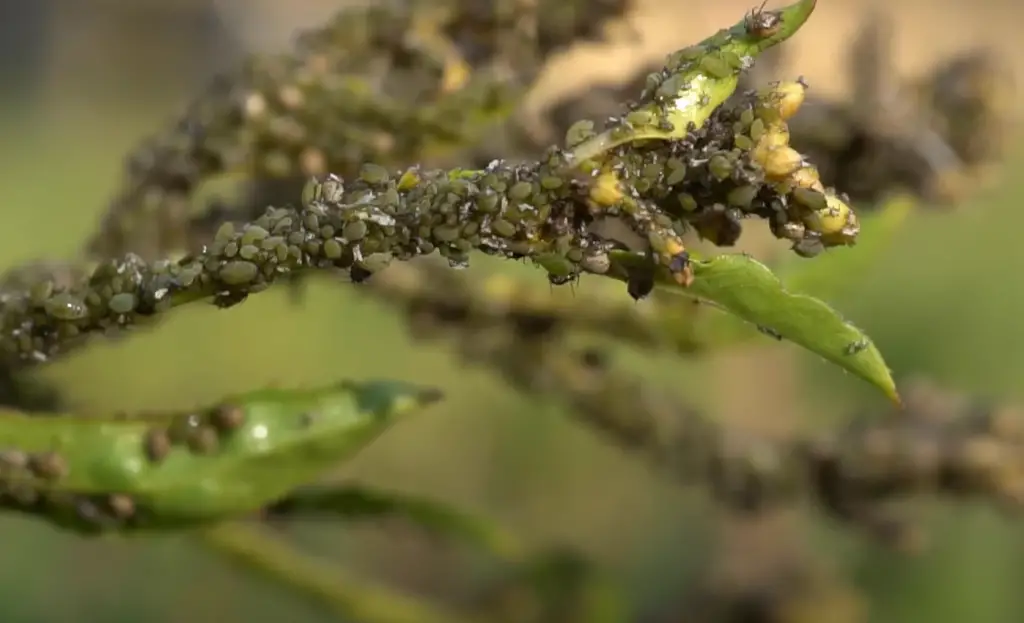
Using these natural methods, you can get rid of ants in your home or garden without having to use harsh chemicals that may be harmful to you or the environment. Keep these tips in mind when dealing with an ant infestation and you should have success in getting rid of them!
What to avoid when getting rid of ants in your home or garden?
It’s important to avoid certain things when trying to get rid of ants in your home or garden. These include:
- Using harsh chemicals, as this can be toxic and threaten the health of you, your family, or your pets.
- Spraying ant baits that contain boric acid or other poisons near food sources since it could potentially harm people or animals if ingested.
- Applying insecticides indoors without proper ventilation, as this can lead to dangerous levels of poisoning.
Ignoring potential entry points for ants (like cracks in walls) because they may come back if not addressed properly. - Not using physical barriers like door sweeps or screens on windows and doors to help prevent future infestations.
- Not cleaning up food sources and removing garbage regularly, since this could attract more ants to your home or garden.
- Not following specific instructions on the product label when using ant baits or insecticides, as this can lead to ineffective results or even worse, harm you and/or your environment.
- Relying solely on over-the-counter products when dealing with a large infestation, as this may not be enough to get rid of them completely. In these cases, it’s best to consult with a professional pest control service for assistance.
By avoiding these mistakes, you’ll ensure that you safely and effectively get rid of ants in your home or garden without causing any harm in the process.
FAQ
How effective is neem oil on ants?
Neem oil is a natural insecticide that can be effective in controlling ants. It works by disrupting the hormones that control ant behavior, preventing them from reproducing and foraging for food. Neem oil can also repel future ant invasions since the smell of the oil deters ants from entering your home. However, it may not be as effective against larger infestations or those with multiple colonies as more targeted solutions may need to be employed. Additionally, neem oil should not be used directly on plants or crops as it will harm them; instead, apply it around entry points and cracks where ants are likely to enter your home. In short, neem oil can effectively control small-scale ant invasions but may not work as well on larger ones.
Is it okay to spray neem oil on soil?
No, it is not recommended to spray neem oil directly onto the soil as this can harm plants and beneficial insects such as bees. Instead, you should focus on treating any affected areas with neem oil by applying it to cracks and entry points where ants are likely to enter your home. You may also want to consider treating the surrounding soil with natural pest repellents or homemade solutions like a garlic-based mixture which can help keep ants away from your property. In short, avoid spraying neem oil directly onto the soil for safety reasons.
What other methods can I use to get rid of ants?
In addition to using neem oil, there are a few other methods you can use to get rid of ants in your home. You can use bait traps to lure ants away from their nests and into a container filled with soapy water.
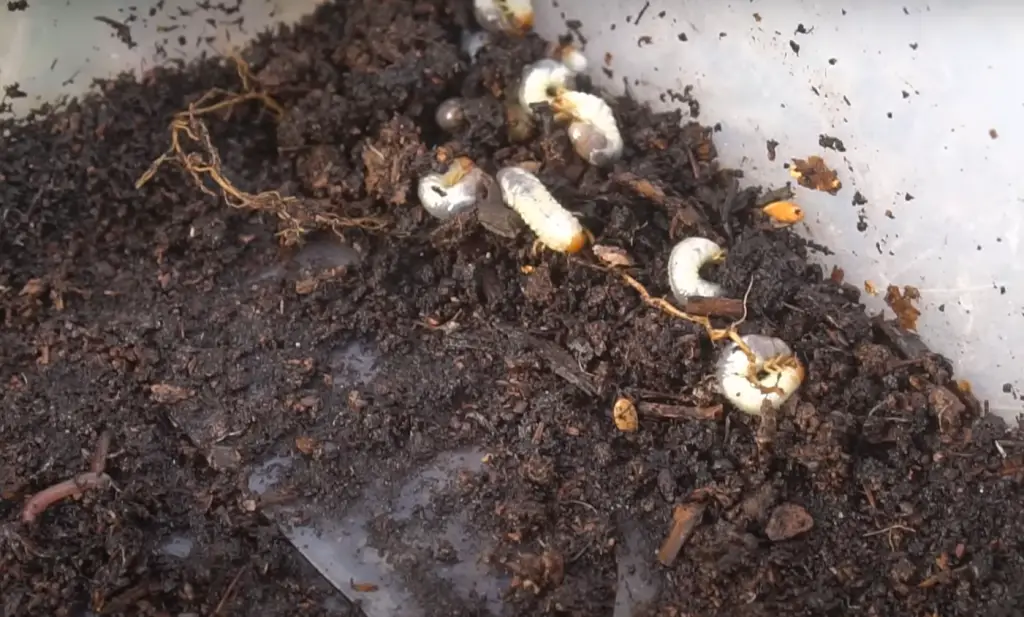
This will drown the ants and prevent them from spreading further. Additionally, you can use diatomaceous earth or borax around entry points to make it harder for the ants to gain access to your home. Finally, if all else fails, you may need to enlist the help of a professional pest control service to effectively get rid of any infestations. In short, there are multiple methods available when it comes to controlling ant populations in your home but be sure to research each one thoroughly before attempting any solutions.
What else does neem oil kill in the garden?
In addition to killing ants, neem oil can also be an effective method of controlling certain other garden pests. It works by disrupting the hormones that control bug behavior, preventing them from reproducing and foraging for food. Neem oil is useful in controlling aphids, mealy bugs, thrips, mites, and whiteflies. Additionally, it may help repel some larger pests such as caterpillars and beetles if applied frequently enough. In short, neem oil can effectively control a variety of different garden pests but should still be used with caution. Be sure to research each pest carefully before attempting any treatment methods. Additionally, avoid applying the oil directly onto plants or crops as this could harm them.
Is neem oil toxic to the garden?
No, neem oil is generally considered safe for use in the garden as long as it is applied correctly. That being said, some plants may be more sensitive to neem oil than others so you should research each plant carefully before using it. Additionally, avoid applying the oil directly onto plants or crops as this could harm them; instead, focus on treating any affected areas with neem oil by applying it to cracks and entry points where ants are likely to enter your home. In short, while neem oil is generally safe for use in the garden, always exercise caution when using it and follow instructions carefully.
What oil is best to get rid of ants?
Neem oil is one of the best natural oils to use when it comes to controlling ants in your home. It works by disrupting their hormones, preventing them from reproducing and foraging for food. Additionally, neem oil has a strong odor that can act as a natural repellent for some species of ants. In short, neem oil is an effective solution for getting rid of small-scale ant invasions but may not work as well on larger ones. As such, you may need to supplement its use with other methods such as bait traps or homemade solutions like a garlic-based mixture if the infestation persists. Be sure to research each method carefully before attempting any solutions.
How to choose the best neem oil for ant control?
When choosing the best neem oil for ant control, it is important to select a product that is organic, cold-pressed, and certified as food grade. Additionally, try to purchase smaller quantities of neem oil at first in order to determine if it works well with your particular ant infestation. Finally, be sure to follow the instructions carefully when applying the oil; never spray it directly onto plants or soil as this could harm them.
When is the best time to apply neem oil for ant control?
The best time to apply neem oil for ant control is in early spring. This is when ants are most active and likely to be encountered, so applying neem oil can act as a preventative measure against any future infestations. Additionally, it is important to reapply the oil every couple of weeks or whenever you notice signs of an ant invasion. In short, it is best to use neem oil proactively rather than waiting until you already have an ant problem before taking action.
What are the precautions to take when applying neem oil for ant control?
When applying neem oil for ant control, it is important to always wear protective clothing such as gloves and a mask.
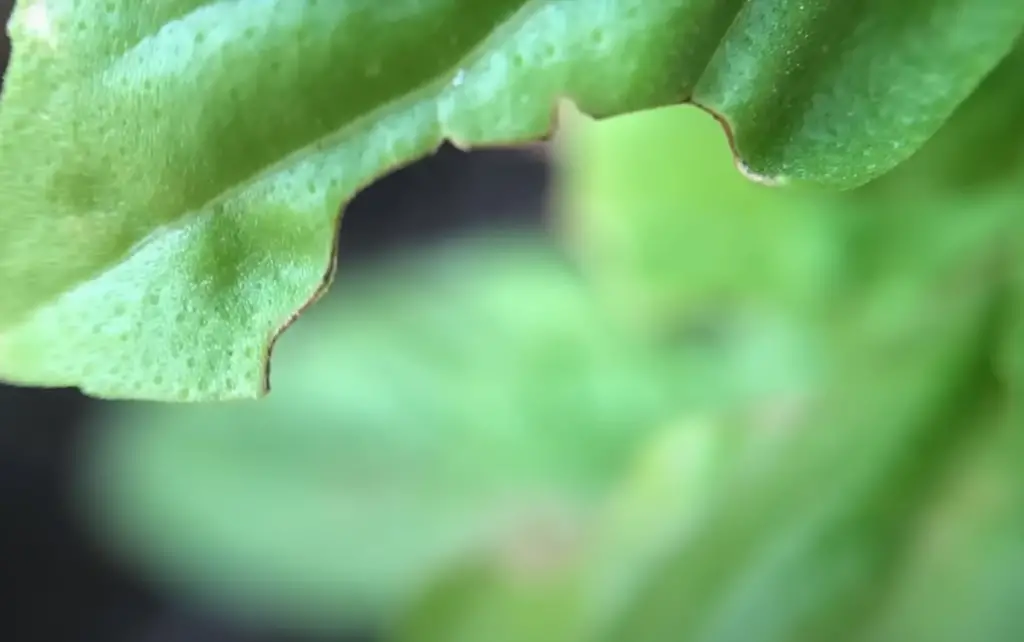
Additionally, be sure to avoid spraying the oil directly onto plants or soil as this could harm them; instead, focus on treating any affected areas with neem oil by applying it to cracks and entry points where ants are likely to enter your home.
Why do ants come into the house?
Ants typically come into homes in search of food and water. In some cases, they may also be attracted to warmer temperatures during colder months. Additionally, ants often enter homes through cracks or gaps in walls, floors, and foundations. To prevent an infestation, it is important to seal any potential entry points around your home as well as regularly clean up spills and crumbs that could attract ants. Finally, using natural repellents such as neem oil can help deter ants from entering the home altogether.
Why is neem oil considered safe for use in the garden?
Neem oil is generally safe for use in the garden because it breaks down quickly with exposure to sunlight. Additionally, its active ingredient, azadirachtin, has low toxicity and does not persist in soil or water. However, some plants may be more sensitive to neem oil than others so you should research each plant carefully before using it. Additionally, avoid applying the oil directly onto plants or crops as this could harm them; instead, focus on treating any affected areas with neem oil by applying it to cracks and entry points where ants are likely to enter your home.
Useful Video: Does neem oil really work against ants? Spray where it matters (viewer question – Sam Nshanyan)
Conclusion
Neem oil for killing ants in the garden is an effective and natural way to get rid of these pesky critters. It is easy to apply and won’t harm animals, so it can be a great option for those looking for an eco-friendly pest control solution. Neem oil also has additional benefits such as repelling other garden pests and fertilizing the soil. With proper application, neem oil can be a very effective method of controlling ant populations in the garden. Finally, it is important to remember that using any type of pesticide should always be done with caution and care. Improper use or overuse can have negative impacts on the environment, so it is best to research all options before making a decision about which one to use.
References:
- http://npic.orst.edu/factsheets/neemgen.html
- https://www.bundillapestcontrol.com.au/signs-of-an-ant-infestation/
- https://gardenbenchtop.com/will-neem-oil-kill-ants/





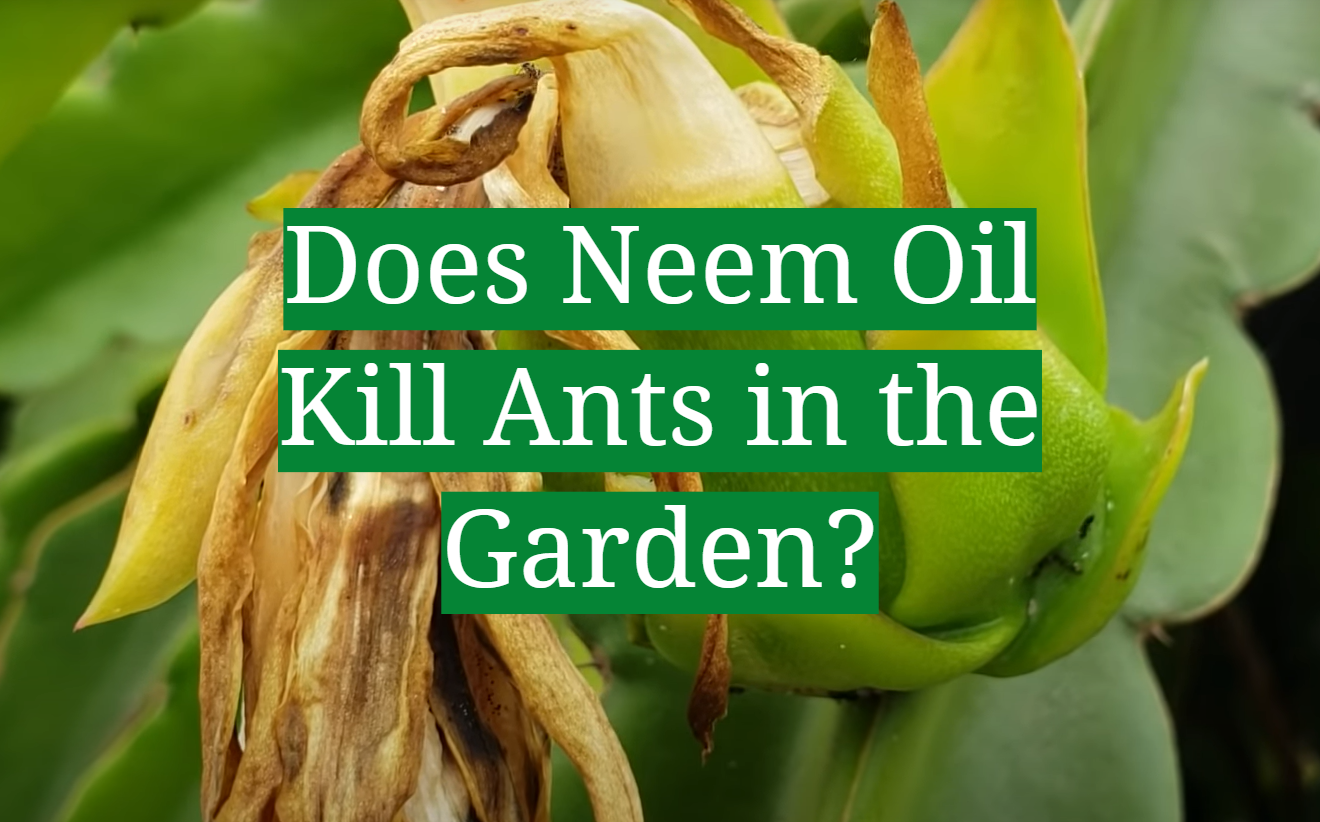
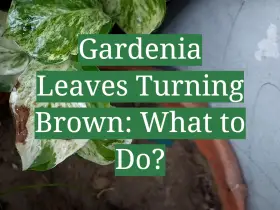
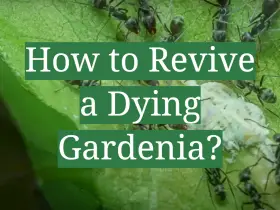
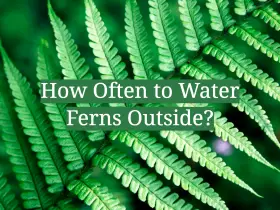
Leave a Reply
View Comments